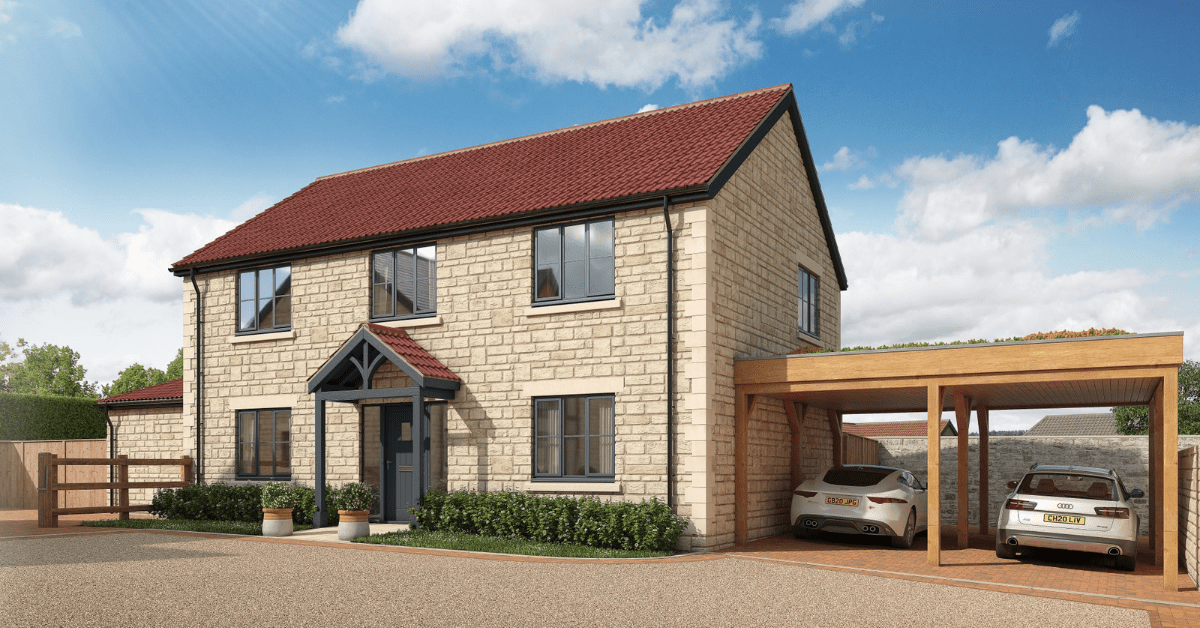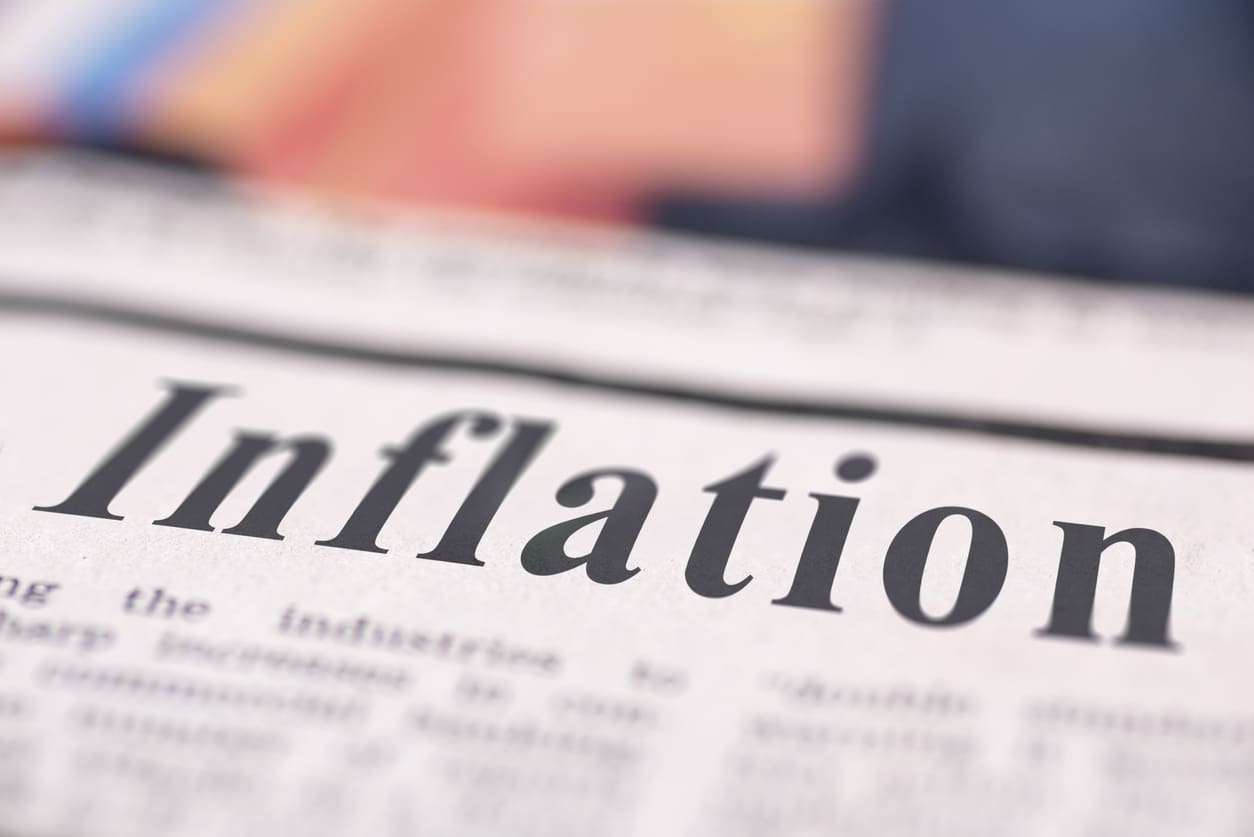When buying or selling a home in the UK, you could pay certain taxes, including Stamp Duty Land Tax, Capital Gains Tax and Inheritance Tax.
Understanding what these taxes are and how much you might need to pay can help you budget more effectively, reduce financial strain and avoid nasty surprises.
Additionally, Stamp Duty Land Tax (SDLT) rates changed on 1st April 2025, reversing the temporary reductions introduced by the UK government in September 2022. This alone could significantly increase tax when buying a house.
For that reason, we’ve decided to put together this user-friendly guide to tax when buying (or selling) a house in the UK. We’ll focus on the core three taxes you may have to pay: Stamp Duty Land Tax, Capital Gains Tax and Inheritance Tax and explain everything you need to know.
Table of Contents
What is Stamp Duty Land Tax (SDLT)?
How much Stamp Duty Land Tax will I need to pay?
How much Stamp Duty Land Tax do I pay as a first-time buyer?
When do you have to pay Stamp Duty Land Tax?
What is Capital Gains Tax (CGT)?
How much Capital Gains Tax do you need to pay?
How do you pay Capital Gains Tax?
How much Inheritance Tax do you need to pay?
FAQs: Tax when buying or selling a house
What are the tax implications of buying a house before selling in the UK?
Do you need to pay Council Tax when you’re moving house?
Stamp Duty Land Tax (SDLT)
What is Stamp Duty Land Tax (SDLT)?
Stamp Duty Land Tax (SDLT) applies when you purchase a residential property in England or Northern Ireland.
The amount you’ll need to pay is determined by several factors, including the property’s value, whether it will be your primary residence, your residency status, whether you own another property and if you are a first-time buyer.
(Note: This tax is called Land Transaction Tax in Wales and Land and Buildings Transaction Tax in Scotland.)
How much Stamp Duty Land Tax will I need to pay?
If you’re buying a home in England or Northern Ireland after 1st April 2025, you’ll need to pay Stamp Duty Land Tax if the value of your home is more than £125,000.
Before this date, the UK government had temporarily increased the Stamp Duty Land Tax threshold to £250,000 to help reduce the costs of buying a home.
Now that these changes have reversed, the taxes for buying or selling a home could become significantly higher, even if you’re a first-time buyer.
The current Stamp Duty Land Tax bands (April 2025) are as follows:
| Purchase Price of Property | Stamp Duty rate |
| Up to £125,000 | 0% |
| £125,001 to £250,000 | 2% |
| £250,001 to £925,000 | 5% |
| £925,001 to £1.5 million | 10% |
| Above £1.5 million | 12% |
For example, let’s say you’re buying a home valued at the UK average: £269,000.
You would pay nothing for the first £125,000, 2% tax on the amount between £125,001 and £250,000 and 5% on the remainder between £250,001 and £269,000. Therefore, you are likely to pay £3450 in Stamp Duty Land Tax.
Visit the UK government Stamp Duty Land Tax Calculator for an accurate calculation of what you could owe.
How much Stamp Duty Land Tax do I pay as a first-time buyer?
While Stamp Duty rates were previously generous for first-time buyers (with a threshold of £425,000), this has also dropped to £300,000. This means that many first-time buyers who were previously exempt will now be liable to pay this tax when buying a house.
If your home is valued at less than the threshold of £300,000, you will not pay any Stamp Duty Land Tax on your purchase. However, if it is more than this, you will need to pay 5% stamp duty on the portion from £300,001 to £500,000 and will not be eligible for first-time buyer’s relief for properties valued higher than £500,000.
Again, visit the UK government website or gain professional advice for further information.
When do you have to pay Stamp Duty Land Tax?
You must pay Stamp Duty within 14 days of the completion of your purchase if you live in England or Northern Ireland. If you live in Scotland and Wales, you’ll have 30 days to make payment.
If you do not meet these deadlines, you could be subject to a fine or charged interest.
How do you pay Stamp Duty?
Most home buyers in the UK ask their solicitor, agent or conveyancer to complete the SDLT return and pay the tax. However, you can also do this directly online or by cheque or cash in many banks.
If you are concerned that you cannot afford this payment immediately, you could add your stamp duty to your mortgage to help spread the cost. However, bear in mind that this will increase your overall debt, and you could pay more in interest.
Capital Gains Tax (CGT)
What is Capital Gains Tax (CGT)?
When buying a property, you may also need to pay Capital Gains Tax.
This is a tax on the profit you make when you sell an asset that has increased in value, such as a property, that is above the tax-free allowance of £3,000.
It can apply to:
- A buy to let property, second home or investment property.
- A property that you inherited and are selling for profit.
- A house you bought but never lived in as your main home.
The good news is that you won’t have to pay Capital Gains Tax if you are selling your main (or only) home. However, if you are buying a property to flip, you could be liable.
How much Capital Gains Tax do you need to pay?
The amount of Capital Gains Tax you will pay (if non-exempt) depends on your taxpayer status.
If you’re a higher or additional rate taxpayer, you’ll need to pay 24% tax on gains made from residential property from 30th October 2024 onward.
On the other hand, if you’re a basic rate taxpayer, the rate will depend on a variety of factors. This includes the size of your gain, your taxable income and where the gain comes from. For basic rate taxpayers, this is 18% for the second property.
If you believe you need to pay Capital Gains Tax, visit the UK government website to calculate what you could owe.
How do you pay Capital Gains Tax?
When you sell a UK residential property, you must work out if your gains are above your tax-free allowance. If so, you will need to report and pay Capital Gains Tax.
Capital Gains Tax reporting and payment deadlines are as follows:
- 60 days for completed sales after 27th October 2021
- 30 days for completed sales between 6th April 2020 and 26th October 2021.
Inheritance Tax (IHT)
What is Inheritance Tax?
As the name suggests, you may need to pay a tax when you inherit a property. This applies to the whole estate, not just the property.
If you inherited the property after the death of a person, you will need to consider the deceased person’s assets as a whole when calculating what you need to pay.
On the other hand, if you received a gifted deposit for a house purchase, you usually won’t be subject to Inheritance Tax. However, if the donor passes away within seven years of the gift, the amount may be subject to the full rate of 40% tax.
How much Inheritance Tax do you need to pay?
The current tax-free threshold for Inheritance Tax is £325,000, with a rate of 40% tax on the amount above this. Properties valued at less than this aren’t subject to taxation.
FAQs: Tax when buying or selling a house
What are the tax implications of buying a house before selling in the UK?
If you buy a new home before you sell your current home, you will be subject to an additional 5% Stamp Duty surcharge. Having said that, you can apply for a refund if you sell your previous home within three years, although time limits do apply.
Do you need to pay Council Tax when you’re moving house?
Yes, you must pay Council Tax for your new property from the date you take ownership. The amount you’ll need to pay depends on your home’s valuation band.
Find out how much you may need to pay by visiting the UK government website.
Summary
When buying or selling a house in the UK, you could be liable for taxes that include Stamp Duty Land Tax, Capital Gains Tax and Inheritance Tax. Whether you need to pay and how much you owe depends on various factors, including the cost of your property and your circumstances.
If you want to budget more effectively and reduce stress, we recommend that you:
- Read through the information we’ve shared here.
- Visit the UK government websites to calculate how much you owe.
- Find out if you can take advantage of tax relief.
By doing so, you can avoid unexpected additional costs when buying or selling a home and instead, enjoy your beautiful new home.
Remember that we are here to offer expert advice on buying or selling a home in Bath, Bradford on Avon, Wiltshire or Somerset. Contact us today.


